Swiss energy bills contained, but future crunch looms
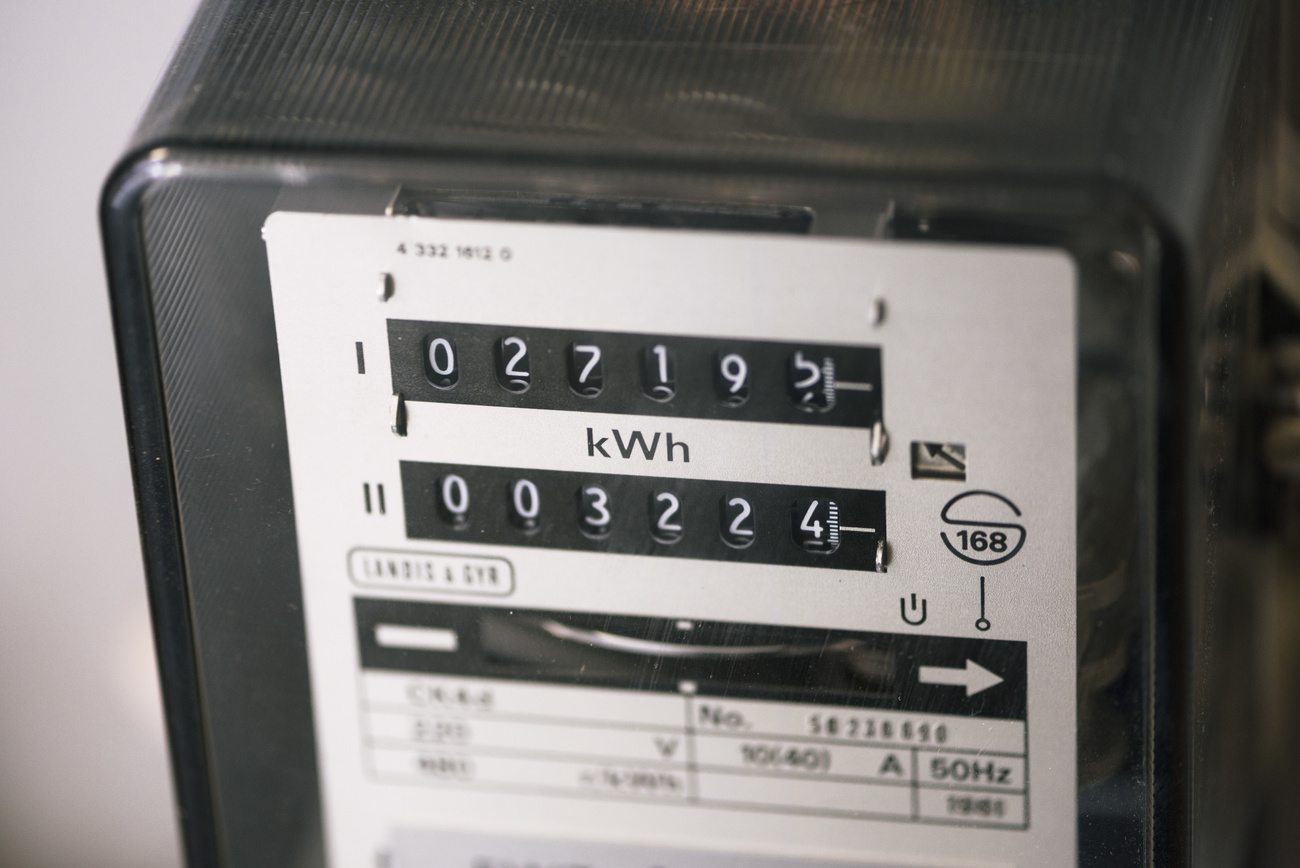
Households and businesses across Europe are facing a huge rise in electricity and heating costs this winter. Price hikes in Switzerland have so far been comparatively cushioned, but there are warnings of a potential energy crunch in the next few years.
The recent surge in oil, gas and electricity prices has been blamed on multiple factors: increased demand as countries awaken from Covid-19 lockdowns, oil and gas producing countries failing to increase supply, insufficient stockpiles of oil and gas, extreme temperatures adding to the pressure (heatwaves also increase usage of air conditioners), supply chain logjams and widespread carbon-cutting programmes dampening investment in more efficient fossil fuel production.
Household energy prices have threatened to rise by 30% in Italy, 28% in Spain and 20% in Greece.
To mitigate the effects of expected price spikes, several European governments have resorted to subsidising low-income households, tinkering with taxes or capping price increases and energy company profits.
Swiss experience
So far the effect on Swiss households had been relatively subdued. Switzerland’s main defence against inflating energy bills is the way it produces energy – mostly from hydropower stations and nuclear power plants. But it still needs to import oil, gas and even electricity (particularly in the winter months).
Rising heating and electricity costs are starting to be felt in Switzerland, but not to the same extent as the worst hit European countries. October prices for heating oil in Switzerland increased 11.2% month-on-month – costing 50% more than the same time last year.
The cost of gas rose 6.7% between September and October of this year, according to official statistics.
Because it is difficult to transport gas through mountainous terrain, Switzerland only consumes around the same quantity each year as the German city of Hamburg, says Thomas Hegglin of the Swiss Gas Industry Association.
Around a quarter of Swiss households use natural gas for heating, says Mehdi Farsi, an energy expert at the University of Neuchâtel. This compares to half of all German households using gas for heating.
Another 40% of Swiss homes are warmed by heating oil systems. Swissoil, the umbrella group of fuel traders in Switzerland, says a range of factors other than the current market price of oil can influence the cost to households.
This includes the mitigating effect of the strong Swiss franc that gives Switzerland an advantage when buying US dollar denominated fuel products.
The industry is obliged by law to have enough reserves to guarantee supply for at least three months, while households currently have 50% of their winter heating needs already in their basements, says Swissoil director Ueli Bamert.
The Federal Electricity Commission says the average Swiss household can expect electricity bills to rise by just 3% on average next year.
This could vary considerably by region, depending on whether grid operators have bought electricity in advance at fixed prices. In some municipalities, households are facing electricity standard rates hikes of over 20% in 2022 compared to 2021, despite a system that allows the regulator to cap price increases to prevent excess profits. Prices vary according to how much electricity cantons have to buy from abroad and whether or not they have bought in advance at a fixed price.
However, the fragmented nature of grid operators can work to Switzerland’s advantage compared to countries with a more centralised system of electricity supply. “There’s one large producer in France, EDF, so when it has problems the whole country is in trouble”, says Chantal Cavazzana of the Swiss Federal Electricity Commission. Switzerland’s grid is more regionalised with some 600 companies providing power.
Switzerland is not an island
Switzerland’s industry is starting to feel the global energy crunch because many firms rely on imported materials and parts. Some companies have started passing on costs to consumers and others are contemplating reduced production and putting staff on shortened working hours.
“Many suppliers in different regions in the world are experiencing difficulties with electricity supply and they are not able to produce as many goods as normal,” said Rudolf Minsch, chief economist of the Swiss Business Federation (economiesuisse). “This has created supply chain shortages all over the world, which also affects the Swiss economy. The problem is far more accentuated than last year.”
An economiesuisse survey found that 80% of companies are currently experiencing problems getting hold of raw materials and essential parts for their goods.
Rising costs are a critical issue for energy intensive industries, such as cement, paper, glass and steel, which rely heavily on gas and electricity imports. These firms provide materials for the manufacturing and construction industries and offer recycling services. Swiss firms face the same challenge as European competitors, particularly if their energy supply contracts are up for renewal.
But grid connection fees are between 30% and 60% higher in Switzerland than in neighbouring countries, complains the Swiss Association of Energy Intensive Industries. “Switzerland has the highest grid costs in central Europe,” says association chairman Frank Ruepp. Unlike some neighbouring countries, Switzerland does not subsidise grid costs for companies, says Ruepp.
Swiss voters recently rejected a proposed new law to introduce extra taxes on CO2 emitters. But there is still talk of increased levies to fund renewable energies. This could make it unprofitable to run these high-energy businesses in Switzerland, along with the recycling services they provide, Ruepp warns. “If Switzerland wants to keep these industries then we need the right conditions for them to survive,” he says.
Potential energy crunch
Though, energy problems have so far been contained at manageable levels in Switzerland, the government has sent out a stark warning that this could change in the near future.
Some 30,000 companies were sent a brochure in October urging them to reduce electricity consumption. Swiss Energy Minister Simonetta Sommaruga has consistently called for the country to ramp up its production of energy through renewable sources.
One reason is that Switzerland is committed to phasing out its nuclear power plants, but this problem could well be delayed for several years as there is no firm decommissioning deadline.
A more pressing issue for Switzerland’s energy security is the lack of progress on integrating with the European Union’s electricity market. Brussels wants Switzerland to further liberalise its market to make it compatible with the EU.
The situation has been inflamed by Switzerland walking out on talks with the EU to set an overarching set of rules on its numerous bilateral deals.
Given the serious potential consequences of an energy crunch, the government in October outlined a series of measures it could take in the event of a worst-case scenario.
The first measure would be to urge the population to tone down its electricity consumption. The second would be to prohibit the operation of swimming pools, air conditioning systems and escalators. Only in a third step would electricity quotas be imposed on the economy.
That is why parliament is being urged to approve new laws to strengthen Switzerland’s energy security by 2025 by boosting renewable energy sources. A back-up plan is to build a network of gas-fired power plants across the country.

In compliance with the JTI standards
More: SWI swissinfo.ch certified by the Journalism Trust Initiative











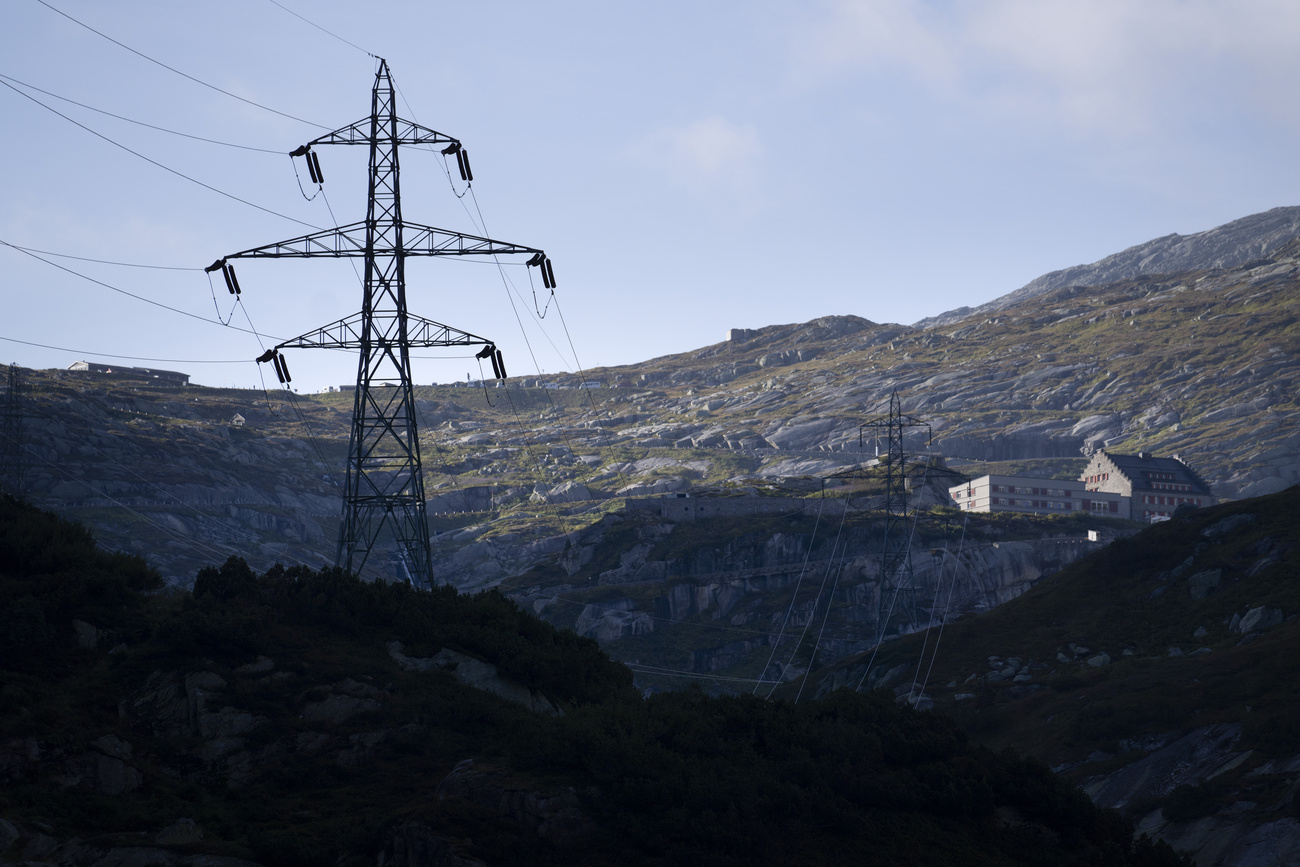
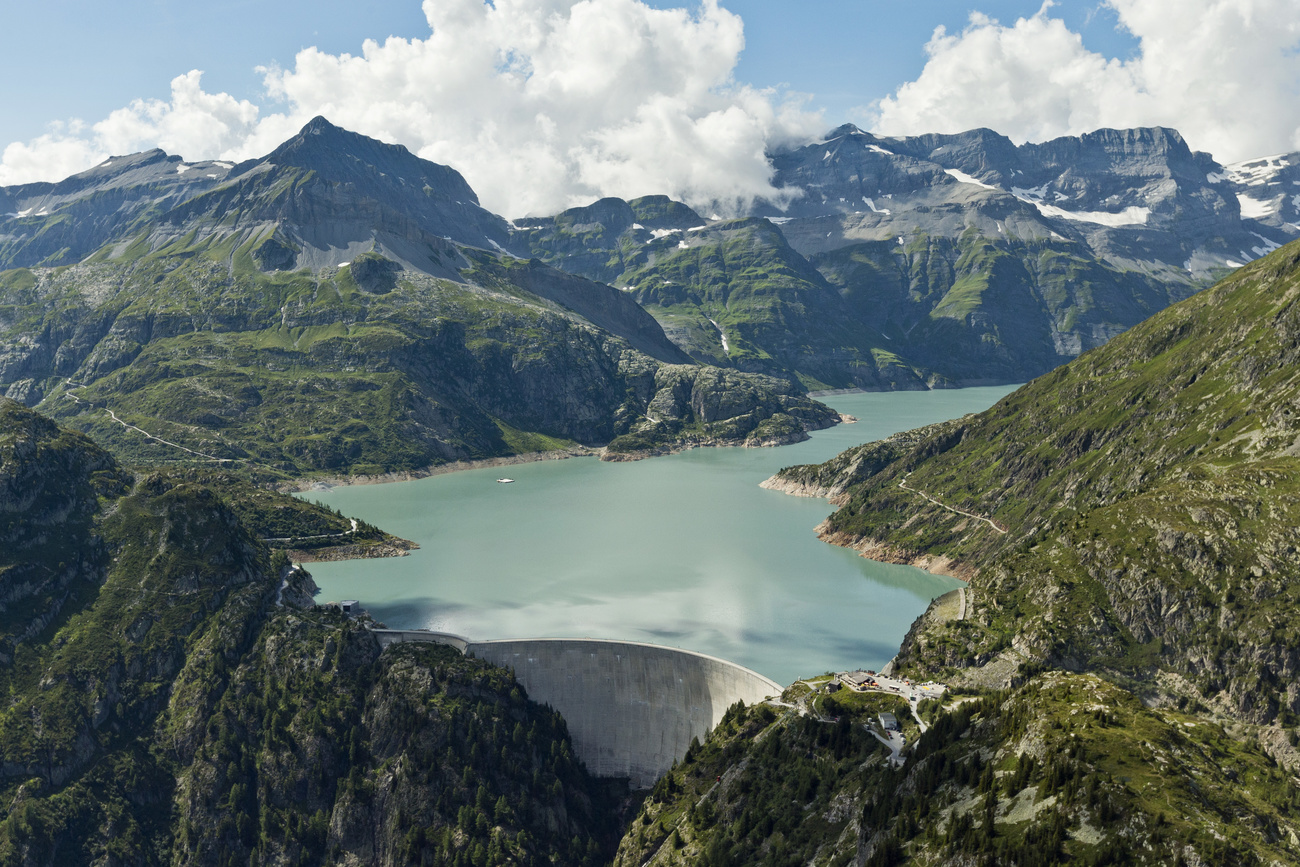
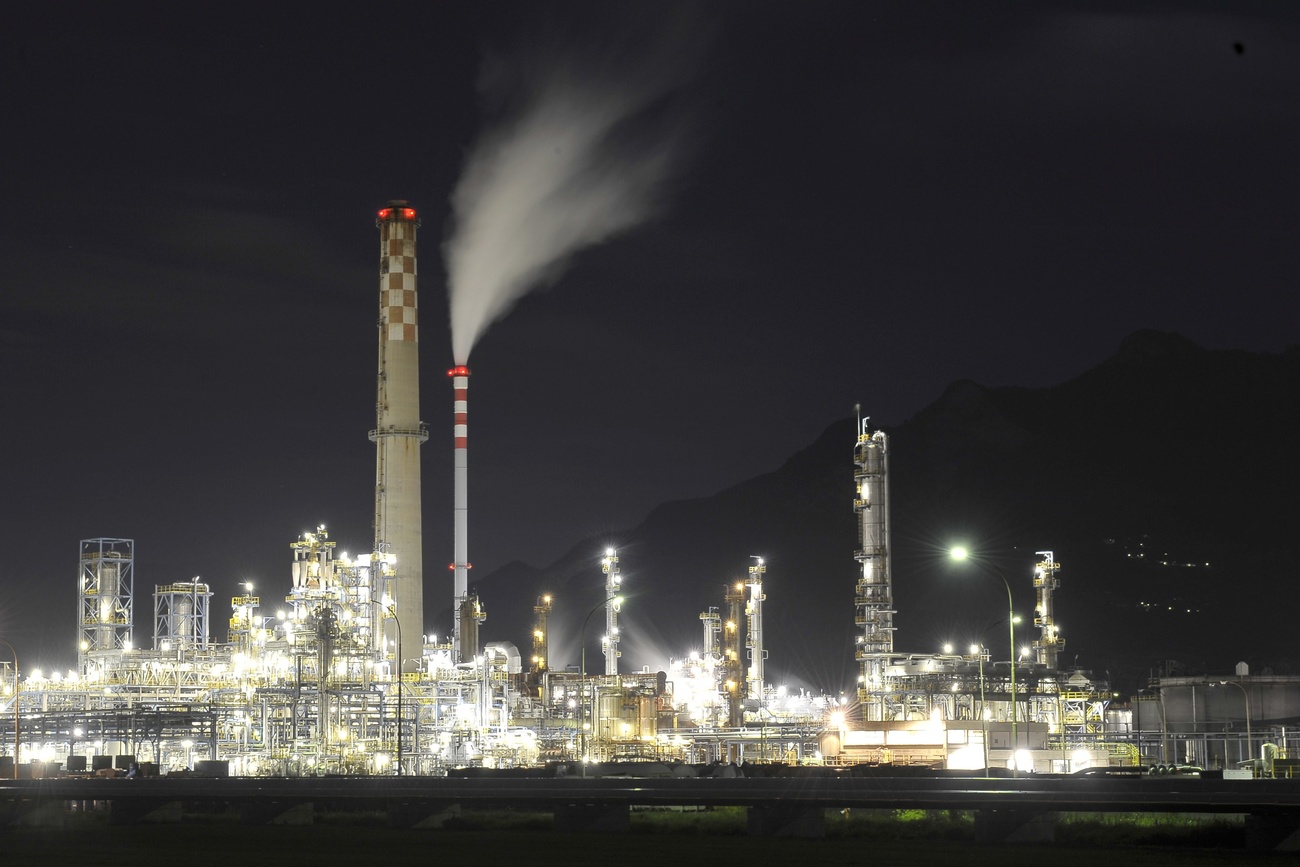
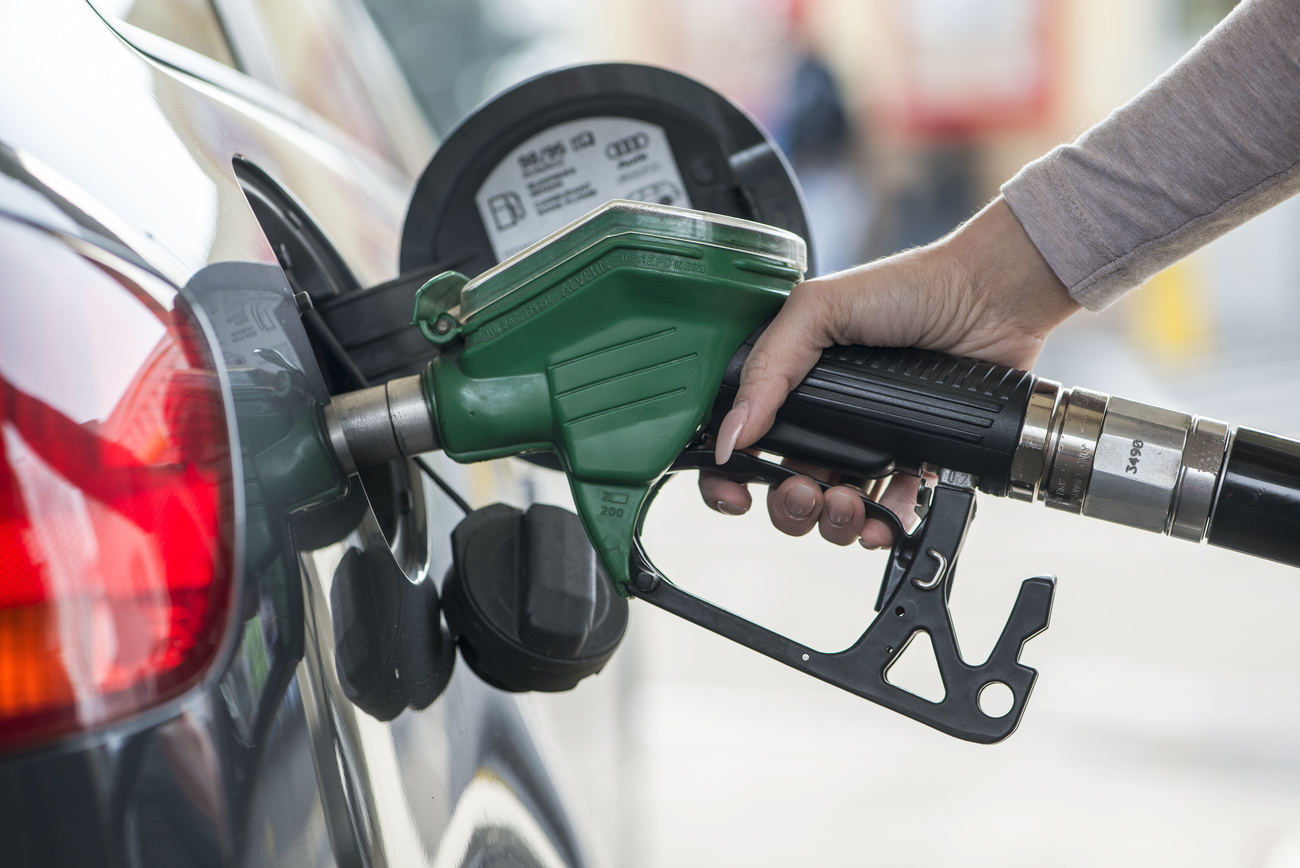
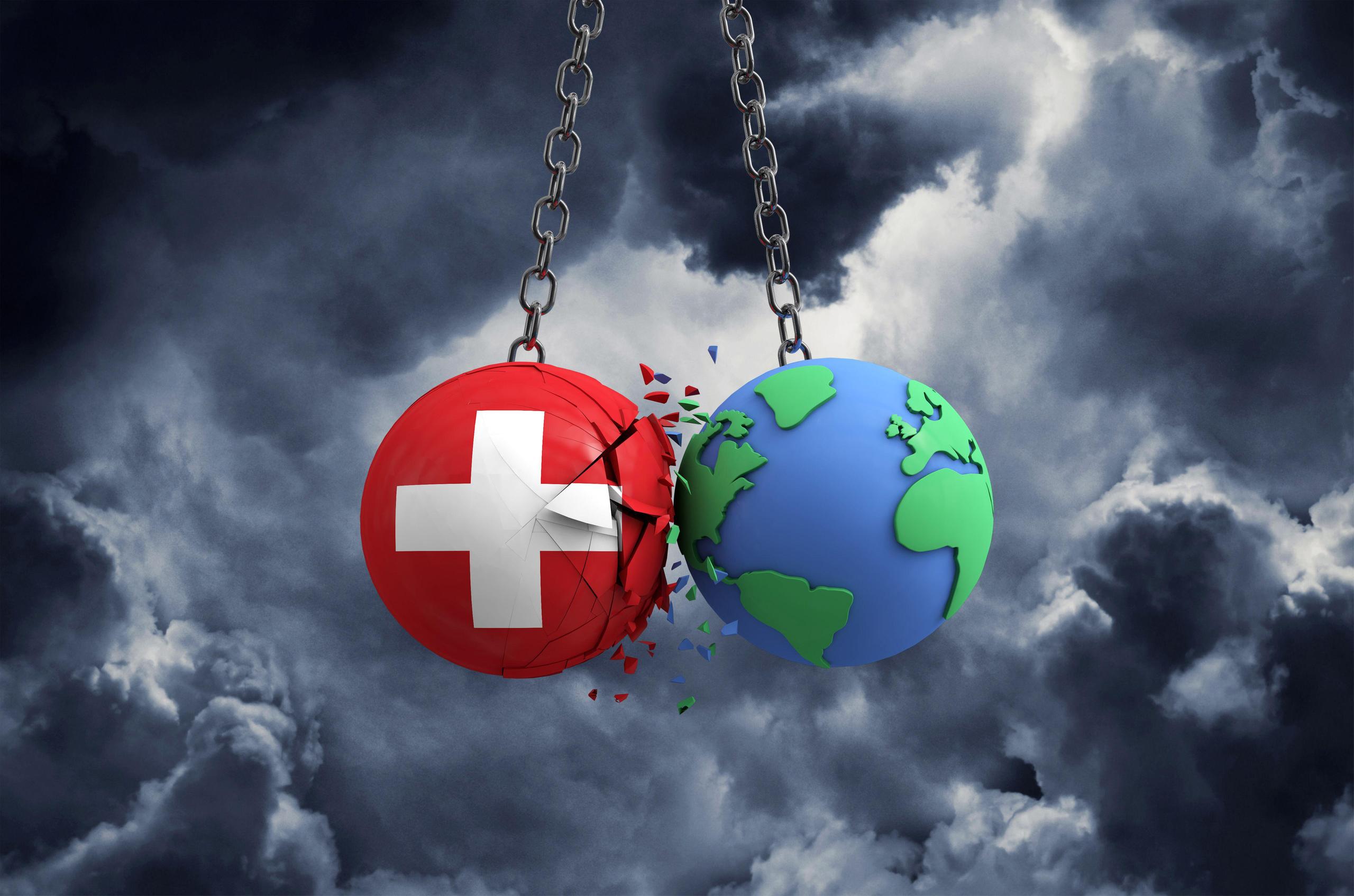
You can find an overview of ongoing debates with our journalists here . Please join us!
If you want to start a conversation about a topic raised in this article or want to report factual errors, email us at english@swissinfo.ch.